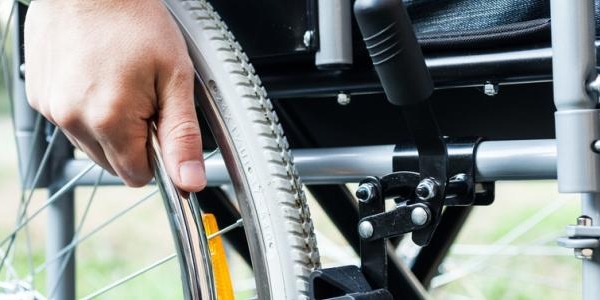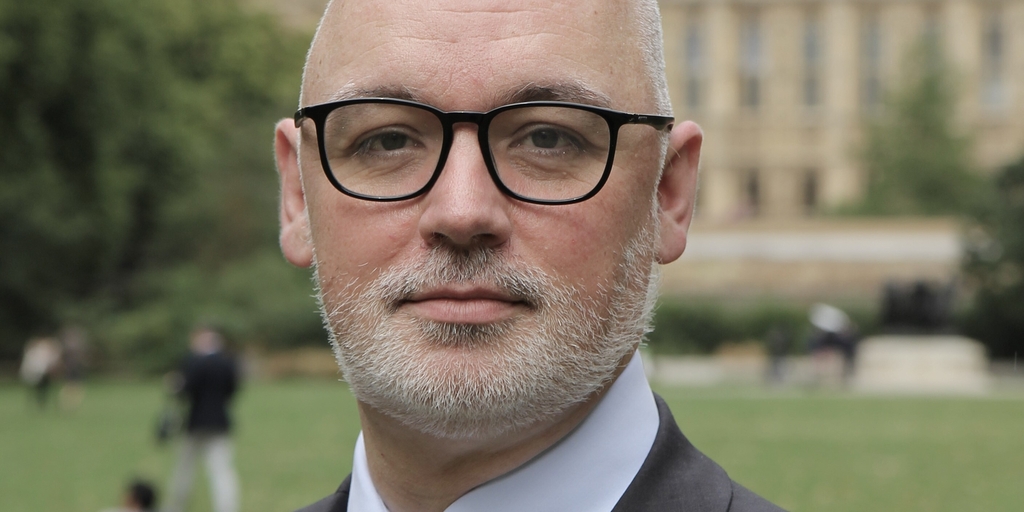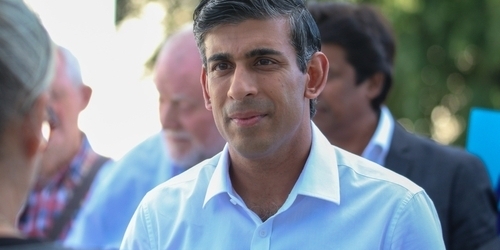Campaigners' call for assisted suicide law review is rejected
Assisted Suicide
Yesterday the Government rejected calls for an inquiry into the current law on assisted suicide, in a blow for Dignity in Dying, the campaign group lobbying for a dangerous change in the law.
MPs were debating the issue of assisted killing in a Westminster Hall debate. Responding on behalf of the Government, the Parliamentary Under-Secretary of State for Justice, Chris Philp said: "A number of members have raised the question of a review or a call for evidence. The Government does not have any plans at the moment to initiate any review or any call for evidence because the view being that it is for Parliament to act in this space."
The debate was called by Christine Jardine MP who is a supporter of a change in the law to allow assisted suicide. It is part of a wider agenda being pushed by Dignity in Dying, formerly known as the Voluntary Euthanasia Society.
Having repeatedly failed in Parliament to get the law changed and having been continually blocked in the courts, they are now trying to persuade the Government to launch an inquiry into the current law, claiming it is ‘cruel’.
The law says that assisting someone to die is illegal and carries a maximum jail sentence of 14 years. However, prosecutions are extremely rare and, as Baroness Finlay has said, the current law acts as a strong deterrent. It has a stern face with a kind heart.
During Thursday’s debate, it was good to see a number of MPs speak out against the calls for an inquiry and in particular, to stand up for the vulnerable.
Foremost among them was Fiona Bruce MP. In her speech, she cited evidence from a range of places where assisted suicide or euthanasia is currently legal.
What it very clearly shows is that opening the door to assisted suicide is the start of a slippery slope which leads to more and more people being helped to die. In this piece for the Economist, I explain how the slippery slope works in more detail.
In Oregon, for example, the 2018 report highlighted that one of the most common reasons people give for wanting to be killed was fear of being a burden.
In her speech, Fiona Bruce said the UK must and could do better than simply helping people to die. She finished by saying the UK was a world leader in palliative care and it should remain so.
That is where the investment and law change need to come. Palliative care is a holistic approach to caring for someone at the end of their lives.
Its genius is that it provides for a patient’s physical, mental, emotional and spiritual well-being. The evidences tell us that when palliative care is available, pain can be largely managed.
Other MPs highlighted the damage legalising assisted suicide would do to the crucial doctor/patient relationship and the fear that a right to die would quickly become a duty to die.
You can read the full debate here and watch a section of Fiona’s brilliant speech here.
It is clear that proponents of assisted suicide are not giving up. But then again, neither are we. We are determined to tell a better story and to promote caring for people at the end of their lives. Find out more about assisted suicide and our campaign work here.





Share story
Campaigners' call for assisted suicide law review is rejected